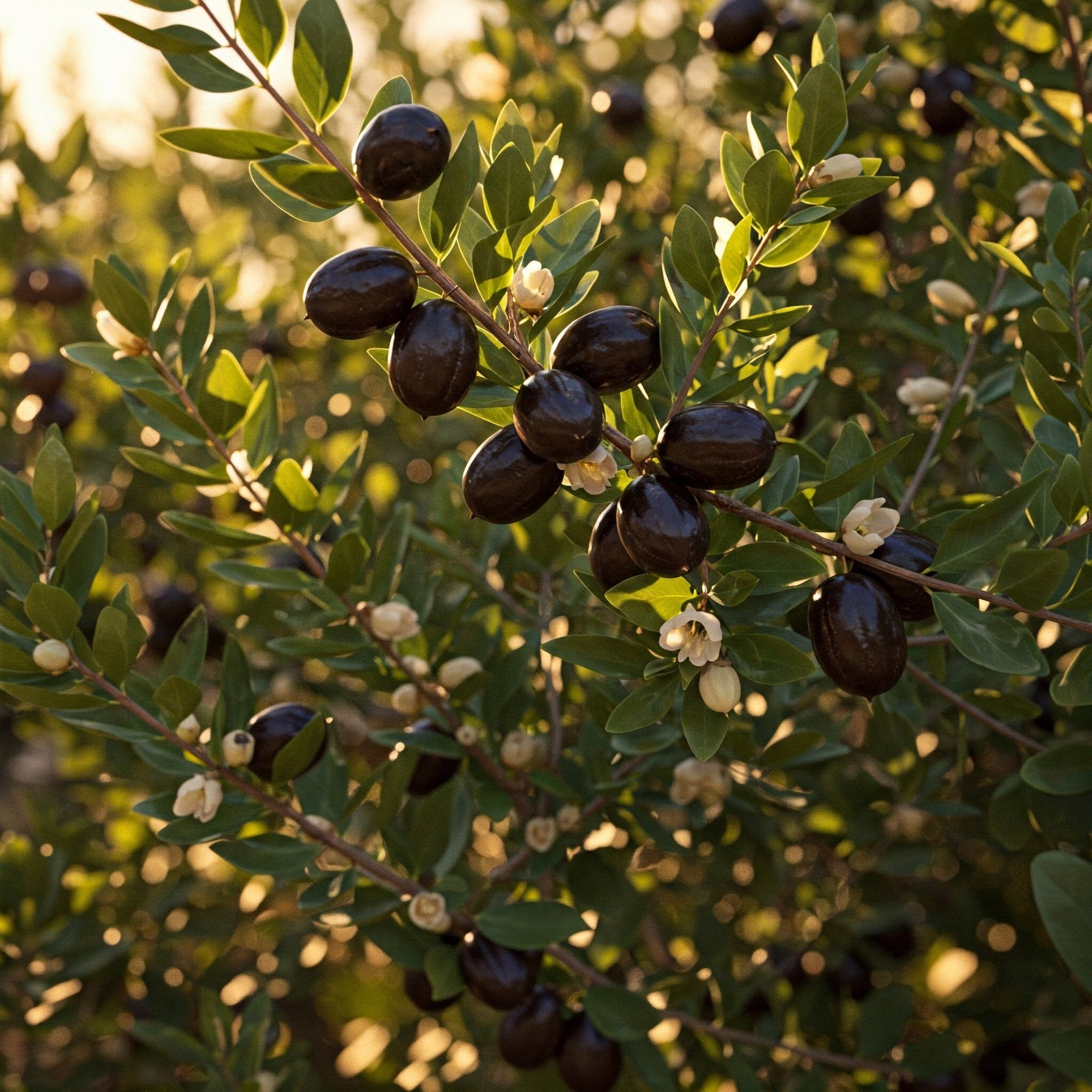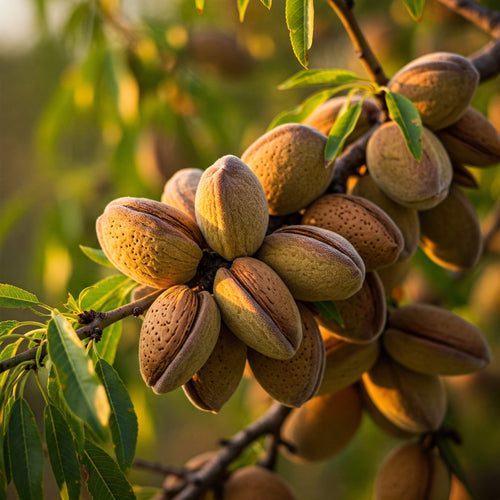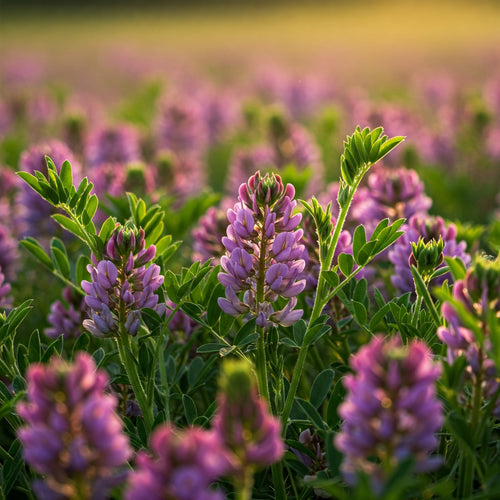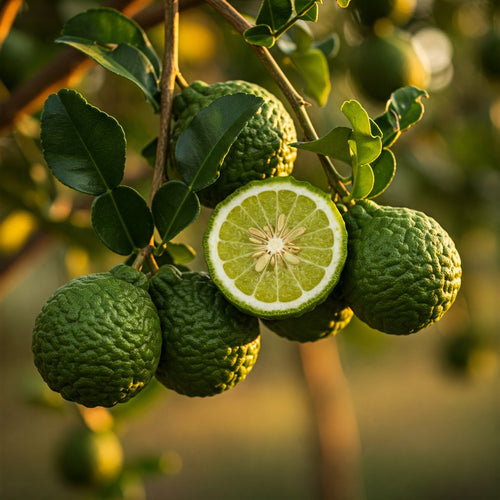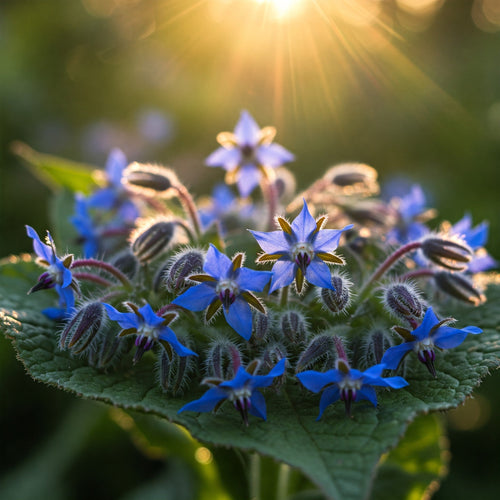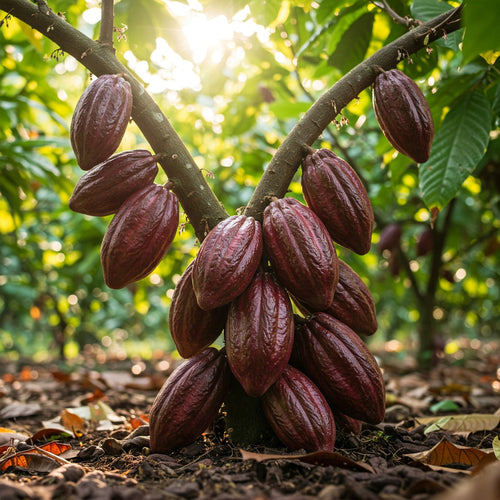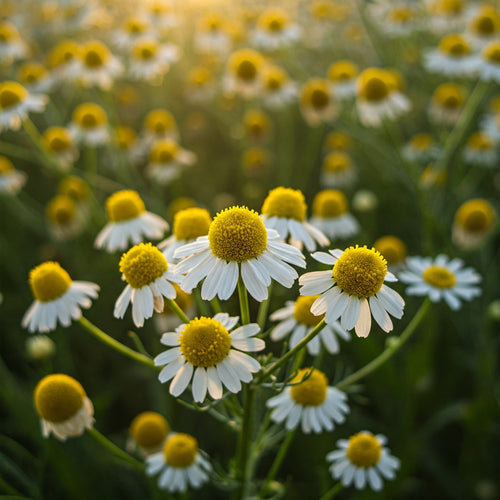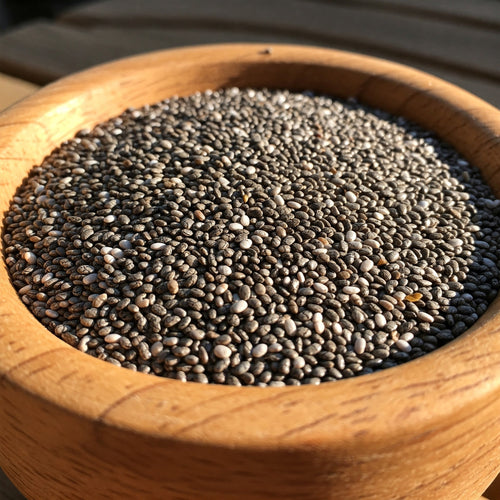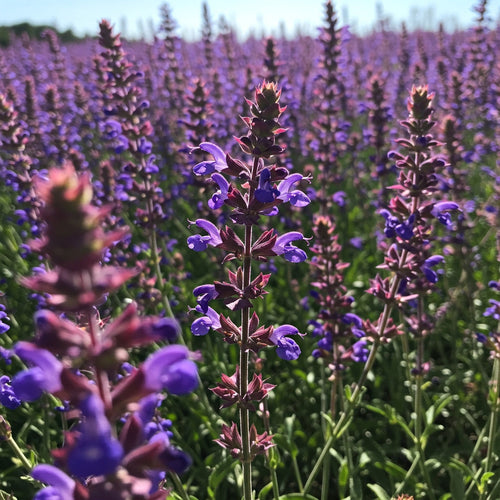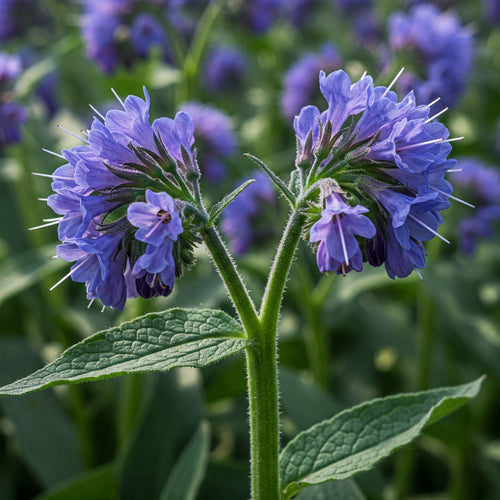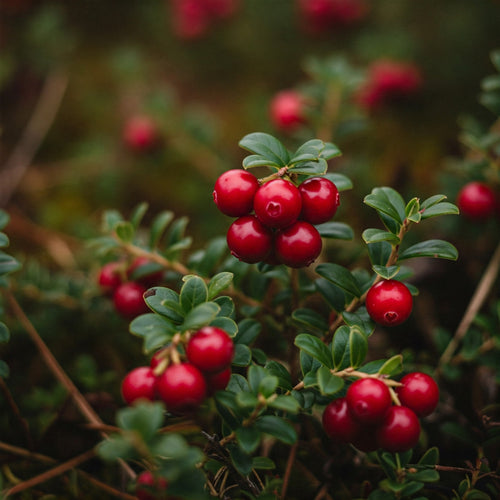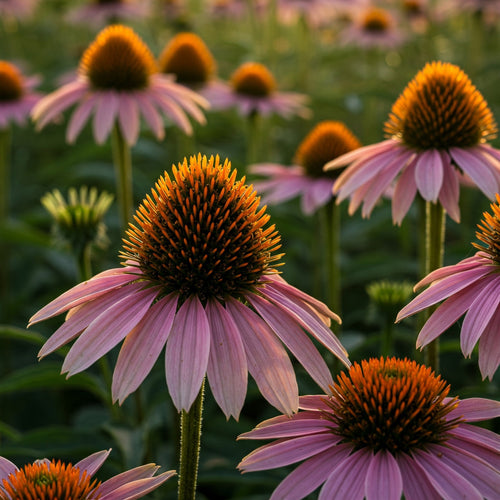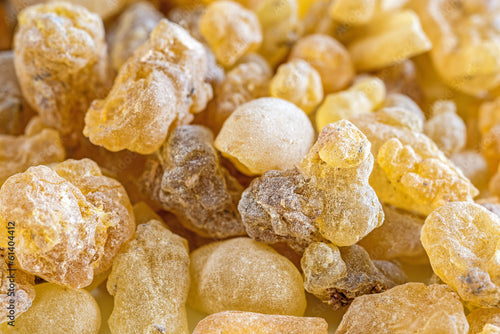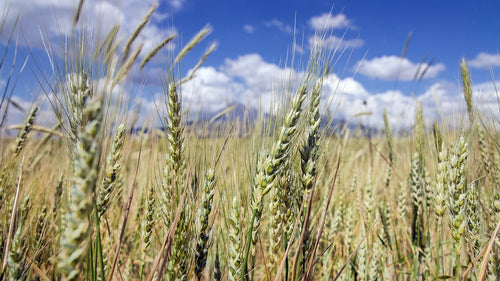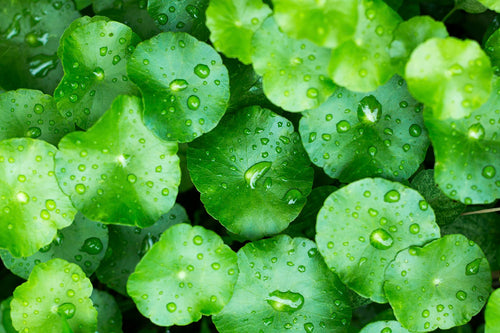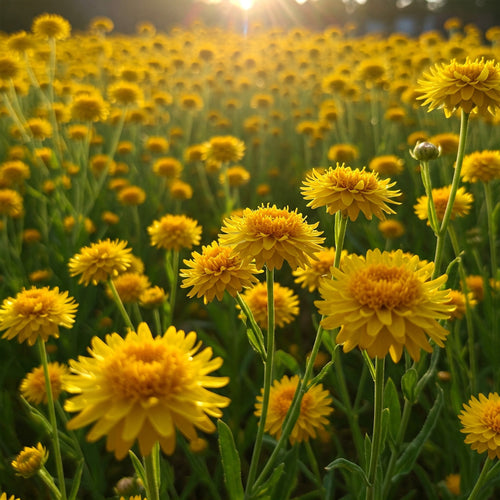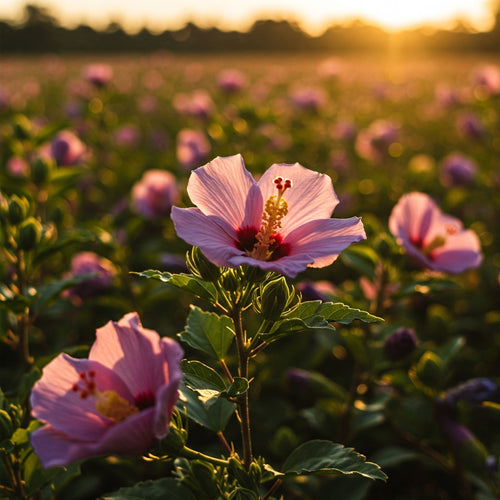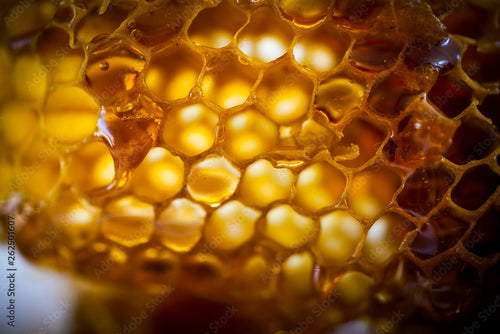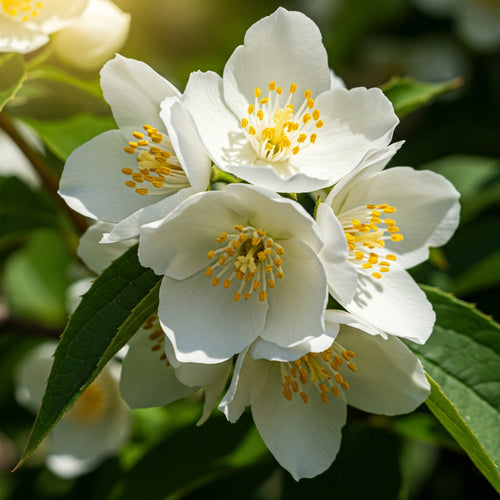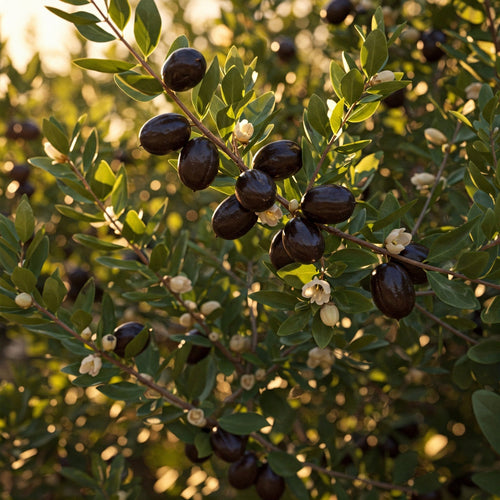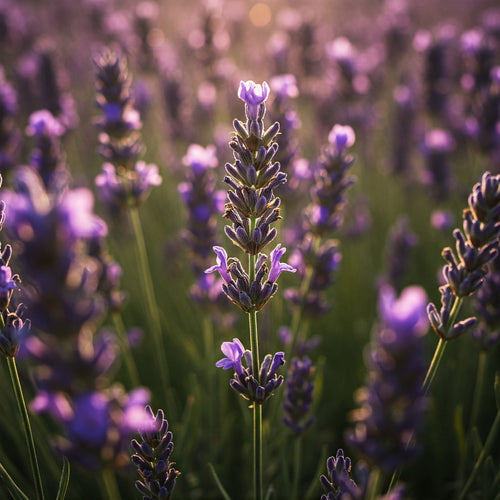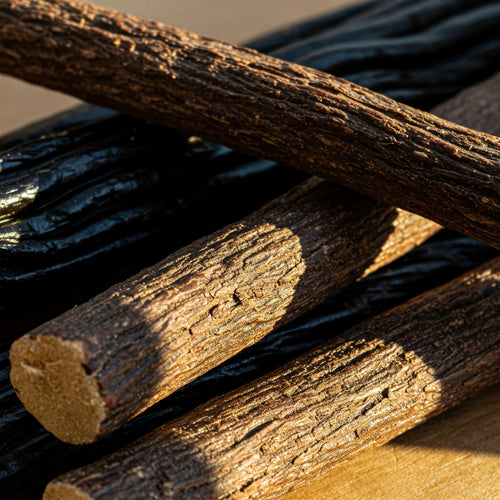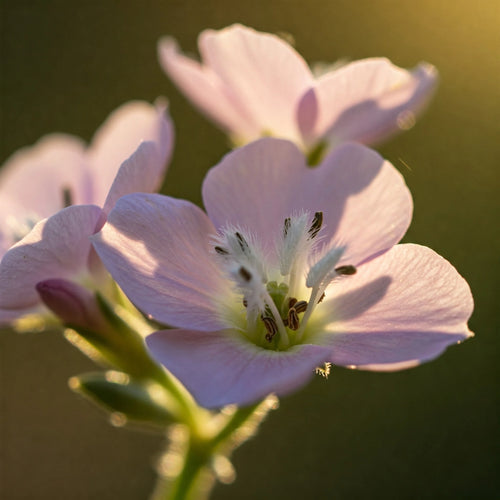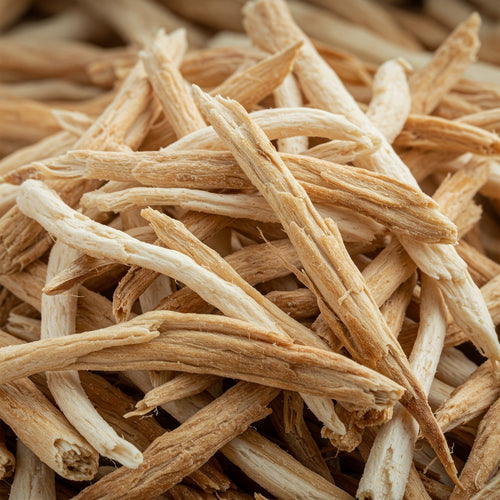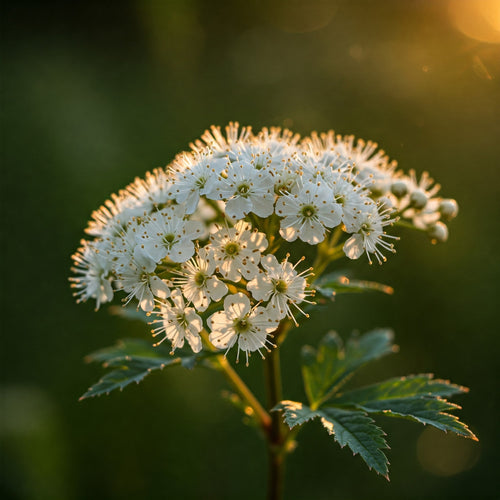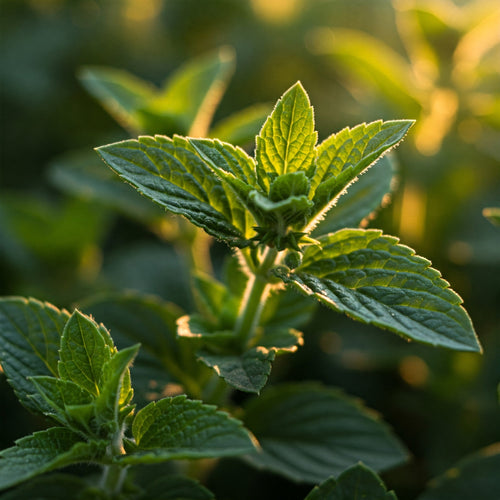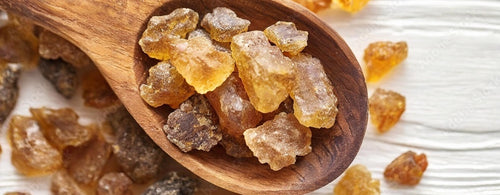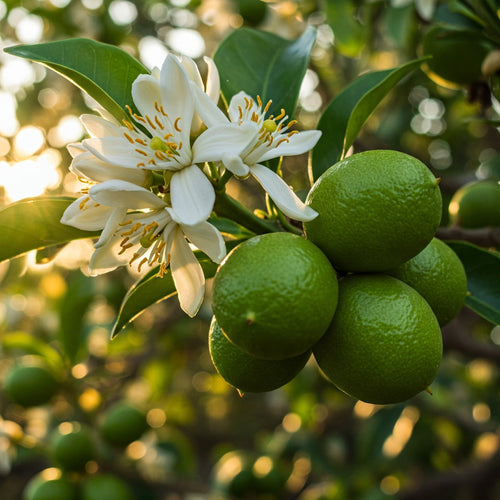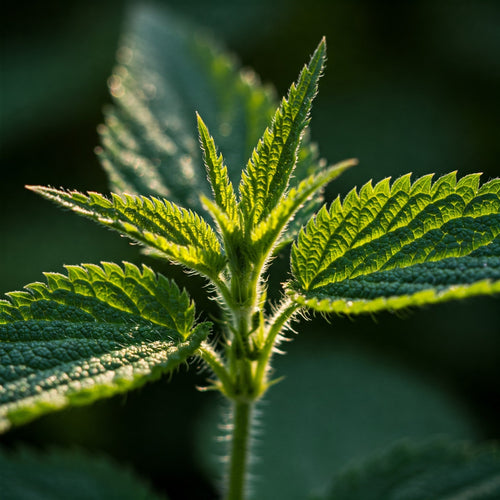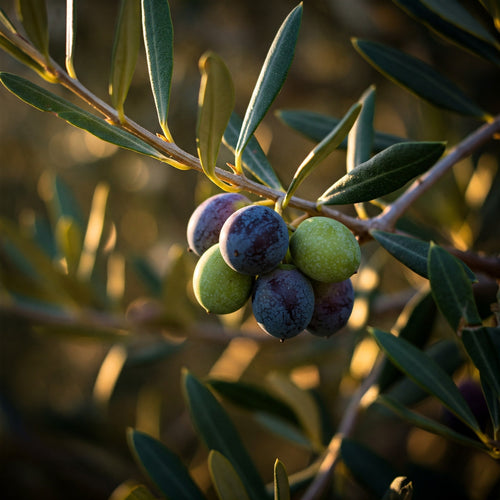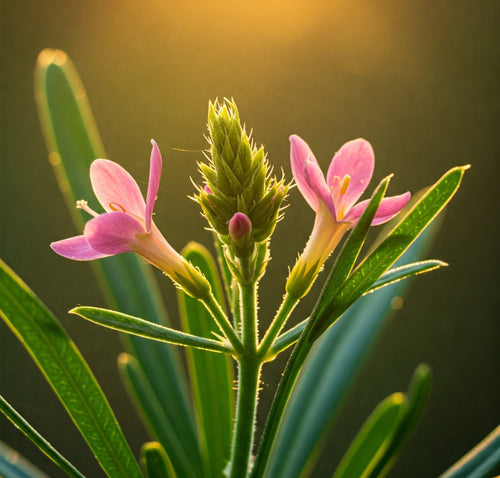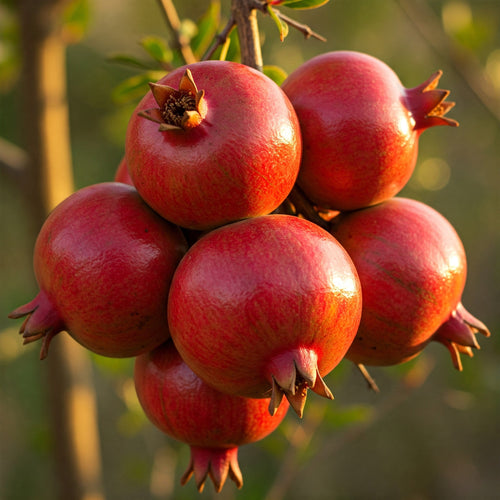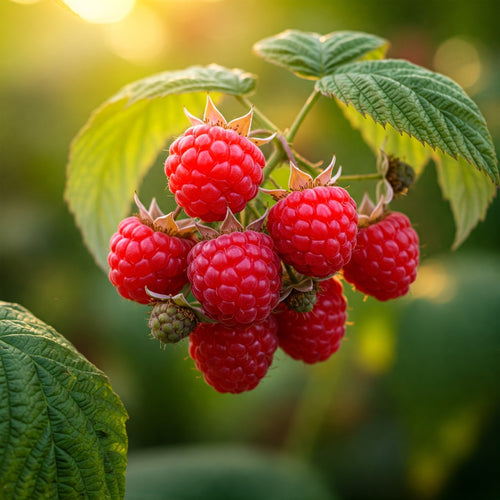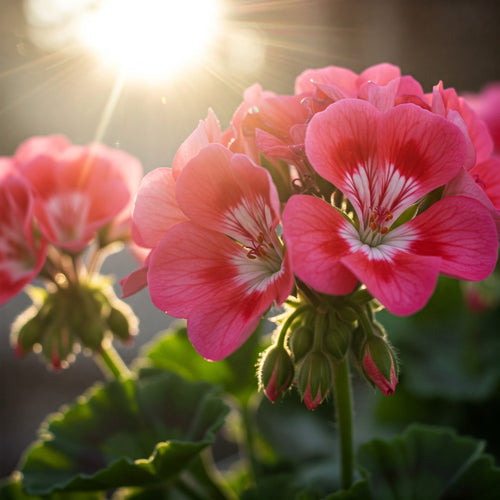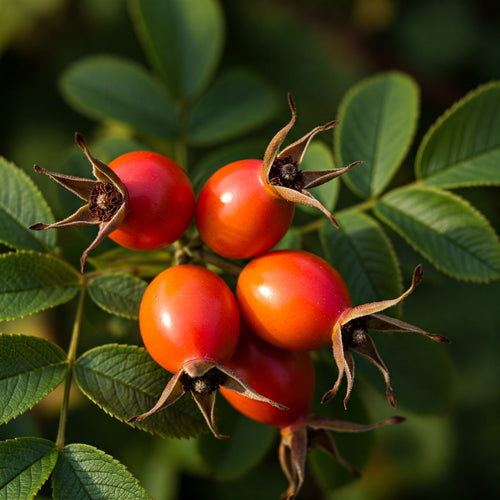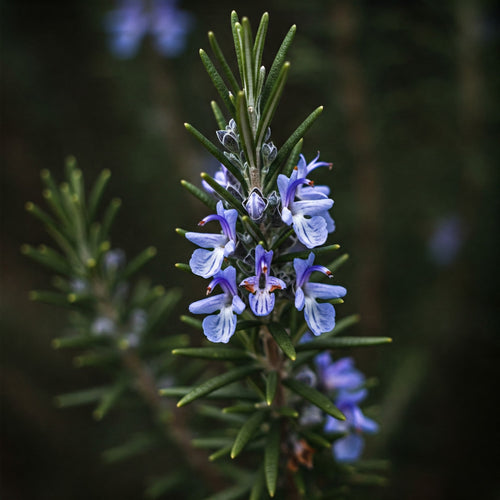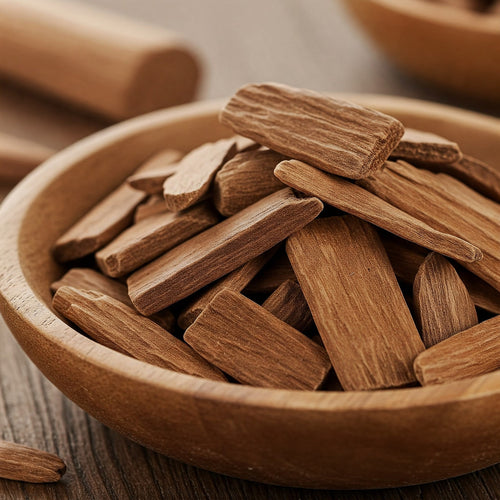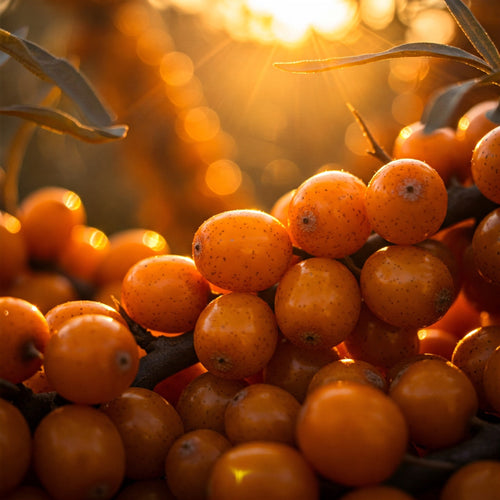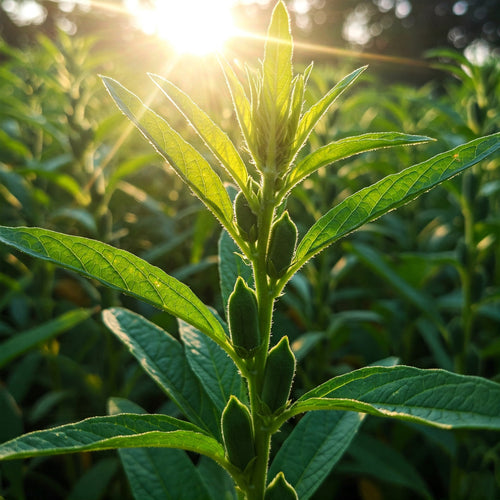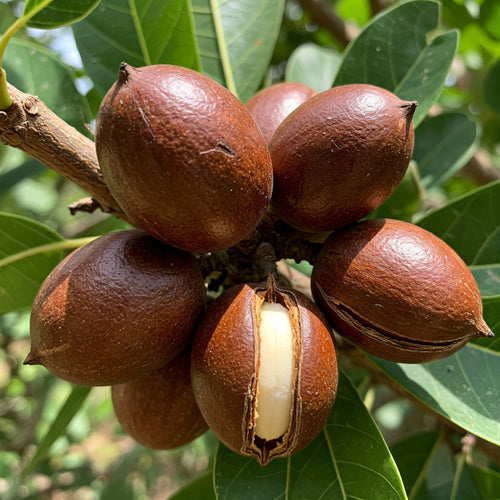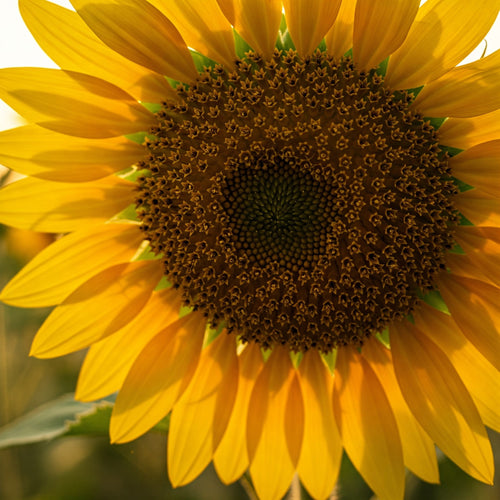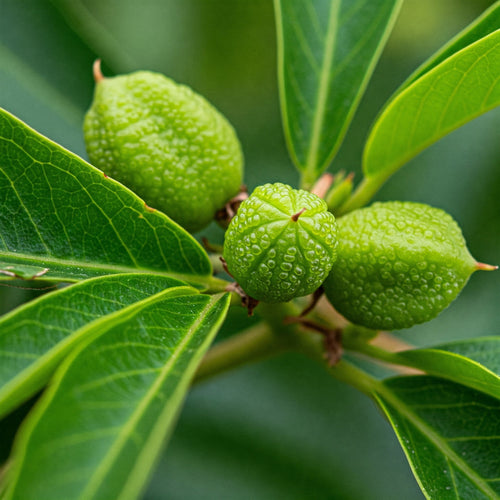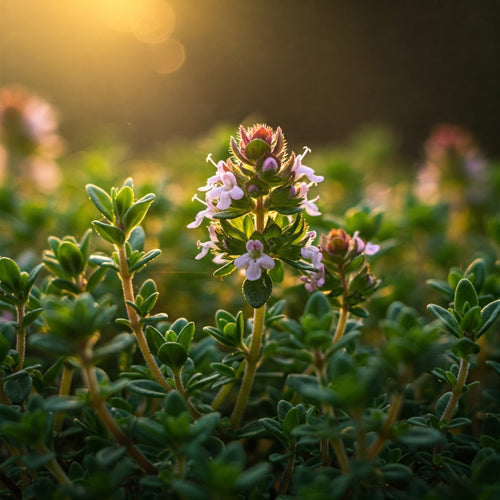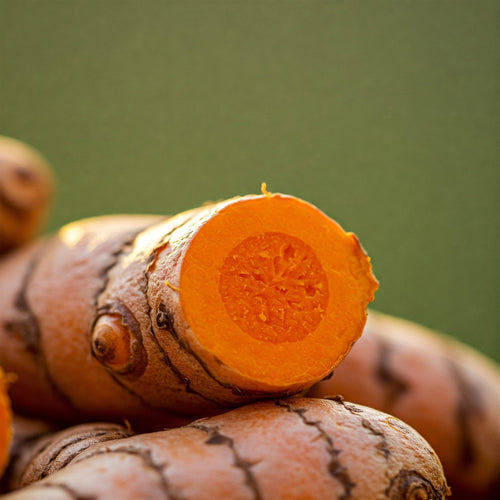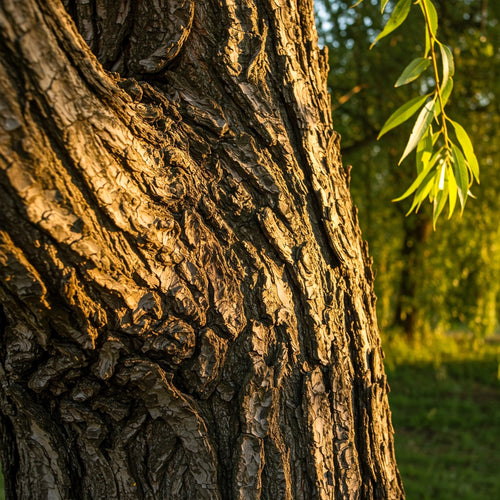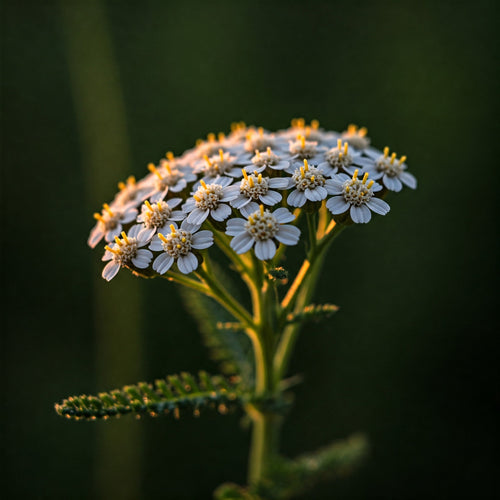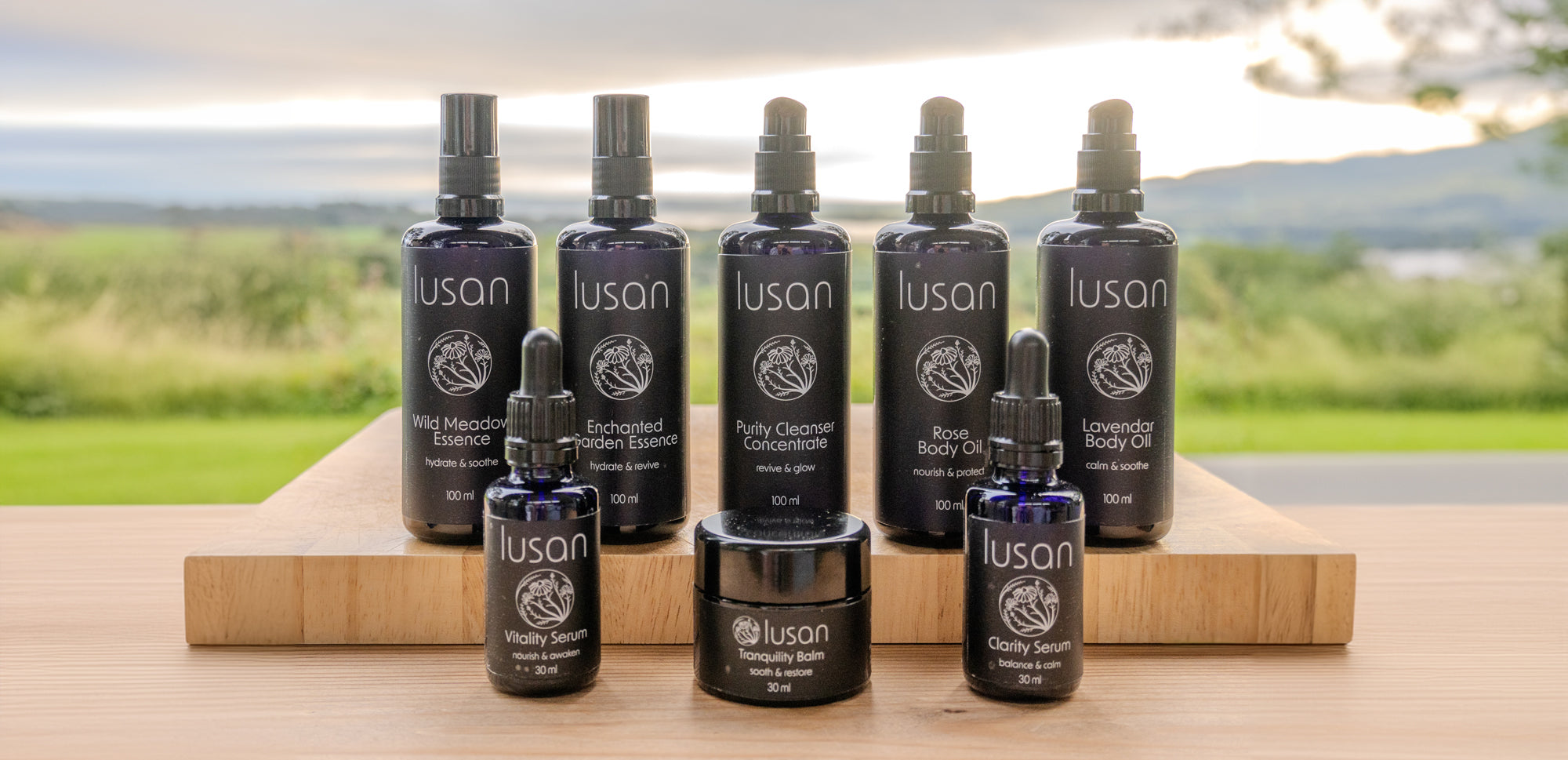Simmondsia chinensis
Jojoba is a real marvel in dealing with extremes. The evergreen shrub which can reach a height of up to 3 metres grows in desert regions with nighttime temperatures between 0 and 5°C and daytime temperatures of up to 45°C. It can only survive these conditions with the help of its tap roots which grow to a depth of up to 4 metres and draw water from the deepest layers of the earth and through its leaves which are specially adapted to cope with the dryness. Despite their extreme habitat jojoba bushes can become as old as 200 years.
Jojoba oil is extracted from the seeds of the jojoba shrub. The oil accounts for 50% of the jojoba seed and is extracted by cold-pressing, a process that helps maintain the rich nutritional value of the oil.
Used in skincare for centuries, jojoba oil is technically not an oil, but a liquid wax ester. These wax esters have similar molecular structure and composition to our sebum, which the skin naturally produces for moisturisation. About 30% of our skin’ sebum is a natural wax ester. This similarity in composition makes jojoba oil a great ally for the skin, giving it the ability to balance oil production in both oily and dry skin. It can help regulate the excessive sebum production in acne vulgaris and improve sebum production in dry skin.
Jojoba oil contains vitamins A, B, D, and E all of which nourish and protect skin from environmental stressors and of course, vitamins A and E are potent antioxidants, to fight free radical damage. Vitamin E also offers anti-inflammatory benefits helping with healing and cell regeneration.
Jojoba also contains minerals like chromium, copper, and zinc known for their skin healing benefits, particularly beneficial for acne when research shows acne skin is often deficient in these vital minerals.
There are many reasons why the production of our own natural waxes can diminish, loss is normal in mature skin and common after illness, poor nutrition, as a side effect of certain medications, and following aggressive cleansing or treatment protocols. When our natural sebum production has been compromised and the wax ester depleted, skin can be left feeling and looking dry, tired, and dull.
This is where the golden magic of jojoba comes in. Your skin recognises the liquid wax produced from the seed of the jojoba plant as similar to its own natural wax ester. When applied topically, jojoba is able to penetrate beyond the epidermis layer, carrying other important nutrients with it. It is in these deeper layers that cell regeneration and cell synthesis occur.
In a nutshell, Jojoba is naturally antibacterial, antiviral, anti-fungal, analgesic, and anti-inflammatory. It supports skin cell regeneration and repairs damaged skin tissue, delaying the signs of ageing, smoothing and moisturising the skin leaving it soft and supple. It assists in the healthy production of the skin barrier that guards against harmful bacteria and skin imbalances.
Our Jojoba oil is cold pressed and Soil Association certified organic.
